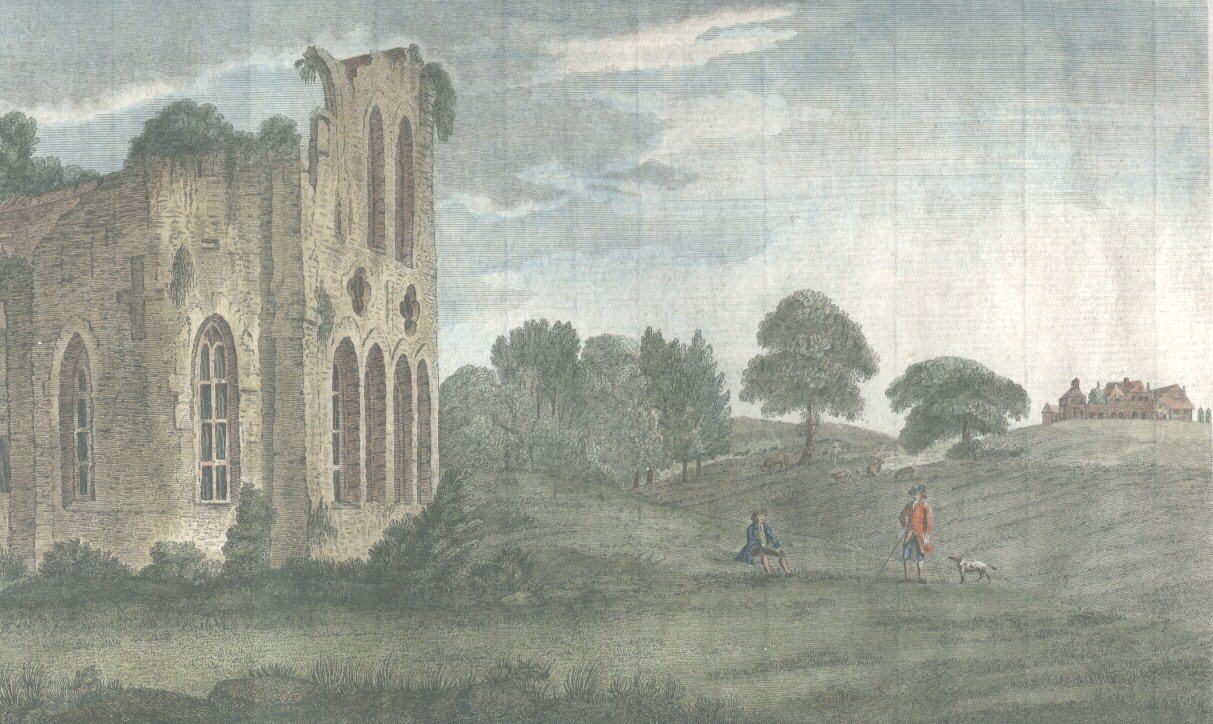A miser grows rich by seeming poor; an extravagant man grows poor by seeming rich.

About William Shenstone
William Shenstonewas an English poet and one of the earliest practitioners of landscape gardening through the development of his estate, The Leasowes.
More quotes from William Shenstone
The eye must be easy, before it can be pleased.
English poet and landscape gardener (1714-1763)
Laws are generally found to be nets of such a texture, as the little creep through, the great break through, and the middle-sized are alone entangled in it.
English poet and landscape gardener (1714-1763)
Second thoughts oftentimes are the very worst of all thoughts.
English poet and landscape gardener (1714-1763)
The world may be divided into people that read, people that write, people that think, and fox-hunters.
English poet and landscape gardener (1714-1763)
The lines of poetry, the period of prose, and even the texts of Scripture most frequently recollected and quoted, are those which are felt to be preeminently musical.
English poet and landscape gardener (1714-1763)
Every good poet includes a critic, but the reverse is not true.
English poet and landscape gardener (1714-1763)
What leads to unhappiness, is making pleasure the chief aim.
English poet and landscape gardener (1714-1763)
A fool and his words are soon parted.
English poet and landscape gardener (1714-1763)
Grandeur and beauty are so very opposite, that you often diminish the one as you increase the other. Variety is most akin to the latter, simplicity to the former.
English poet and landscape gardener (1714-1763)
Zealous men are ever displaying to you the strength of their belief, while judicious men are showing you the grounds of it.
English poet and landscape gardener (1714-1763)
His knowledge of books had in some degree diminished his knowledge of the world.
English poet and landscape gardener (1714-1763)
The best time to frame an answer to the letters of a friend, is the moment you receive them. Then the warmth of friendship, and the intelligence received, most forcibly cooperate.
English poet and landscape gardener (1714-1763)
Every single instance of a friend’s insincerity increases our dependence on the efficacy of money.
English poet and landscape gardener (1714-1763)
There is nothing more universally commended than a fine day; the reason is that people can commend it without envy.
English poet and landscape gardener (1714-1763)
Hope is a flatterer, but the most upright of all parasites; for she frequents the poor man’s hut, as well as the palace of his superior.
English poet and landscape gardener (1714-1763)
Virtues, like essences, lose their fragrance when exposed.
English poet and landscape gardener (1714-1763)
The proper means of increasing the love we bear our native country is to reside some time in a foreign one.
English poet and landscape gardener (1714-1763)
A miser grows rich by seeming poor; an extravagant man grows poor by seeming rich.
English poet and landscape gardener (1714-1763)
The regard one shows economy, is like that we show an old aunt who is to leave us something at last.
English poet and landscape gardener (1714-1763)
A man has generally the good or ill qualities, which he attributes to mankind.
English poet and landscape gardener (1714-1763)
Poetry and consumption are the most flattering of diseases.
English poet and landscape gardener (1714-1763)
Jealousy is the fear or apprehension of superiority: envy our uneasiness under it.
English poet and landscape gardener (1714-1763)
A liar begins with making falsehood appear like truth, and ends with making truth itself appear like falsehood.
English poet and landscape gardener (1714-1763)
Anger is a great force. If you control it, it can be transmuted into a power which can move the whole world.
English poet and landscape gardener (1714-1763)